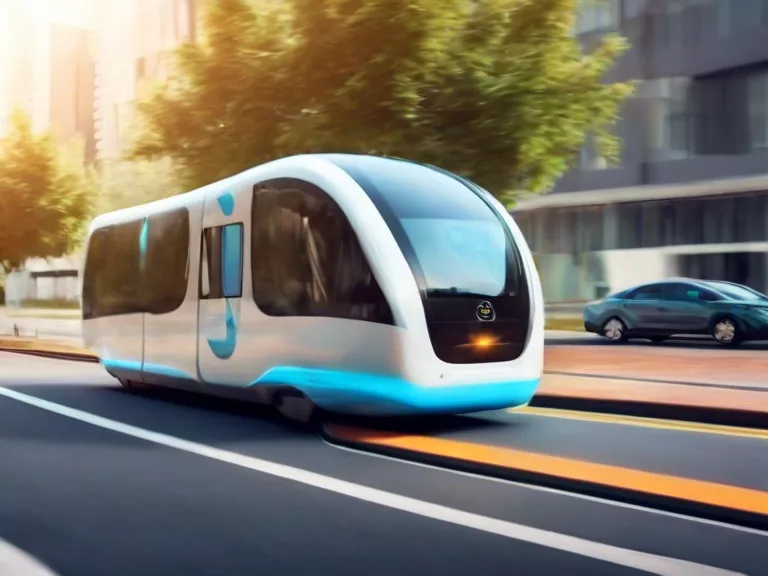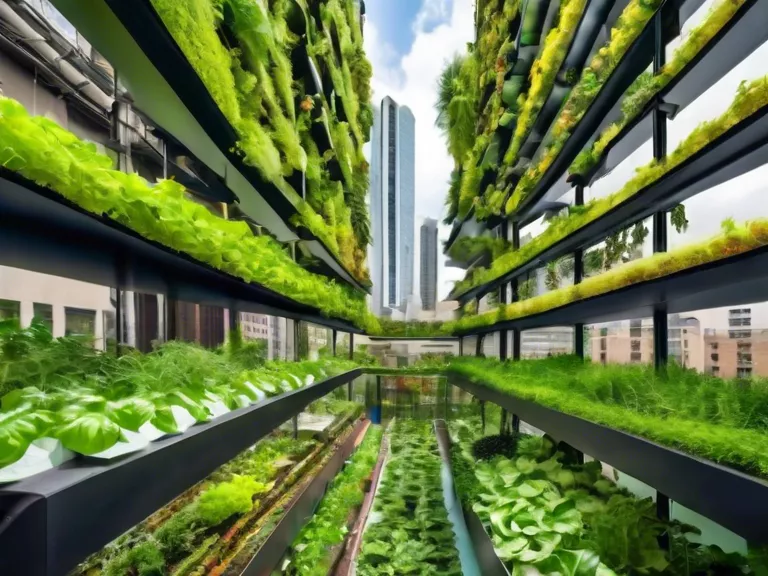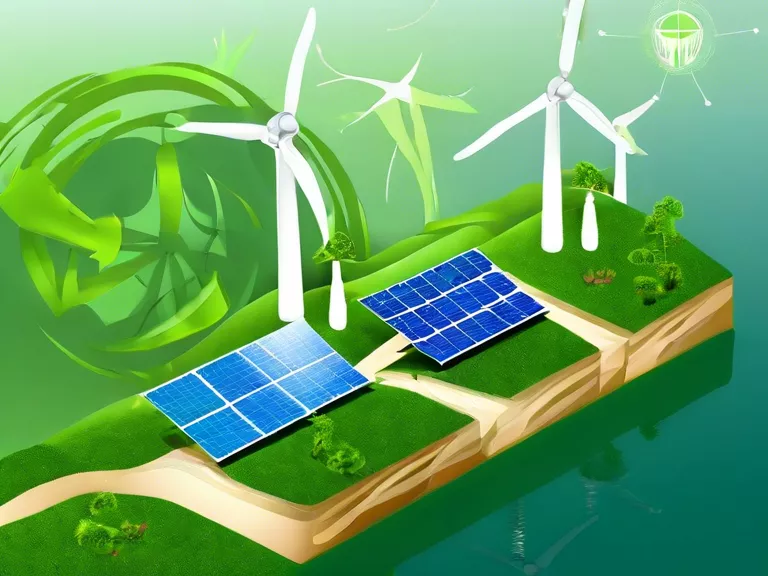
In recent years, there has been a growing movement towards eco-friendly transportation options as the world becomes more conscious of the environmental impact of traditional vehicles. This shift has led to a rise in the development and adoption of electric, solar-powered, and other innovative modes of transportation. As we look towards the future, it is clear that these technologies will play a key role in shaping the future of transportation.
Electric vehicles (EVs) have become increasingly popular as more automakers invest in developing and improving their electric offerings. With advancements in battery technology, EVs are becoming more affordable and capable of traveling longer distances on a single charge. Charging infrastructure is also expanding, making it easier for consumers to transition to electric vehicles. As more countries set ambitious goals to reduce emissions and combat climate change, electric vehicles are expected to play a major role in achieving these targets.
Solar-powered transportation is also gaining traction as a sustainable option for both public and private vehicles. Solar panels can be integrated into the design of cars, buses, and even planes to harness the power of the sun and reduce reliance on fossil fuels. This renewable energy source not only reduces emissions but also offers a way to power vehicles in remote areas where traditional fuel sources may be limited.
Beyond electric and solar power, other innovative transportation solutions are being explored. This includes hydrogen fuel cell vehicles, which emit only water vapor as a byproduct, and autonomous vehicles that optimize routes and reduce traffic congestion. These advancements in technology are shaping the future of transportation and offering new ways to travel that are both efficient and environmentally friendly.
As we continue to prioritize sustainability and reduce our carbon footprint, the future of eco-friendly transportation looks promising. By embracing electric, solar, and other innovative technologies, we can create a more sustainable transport system that benefits both the planet and future generations.



